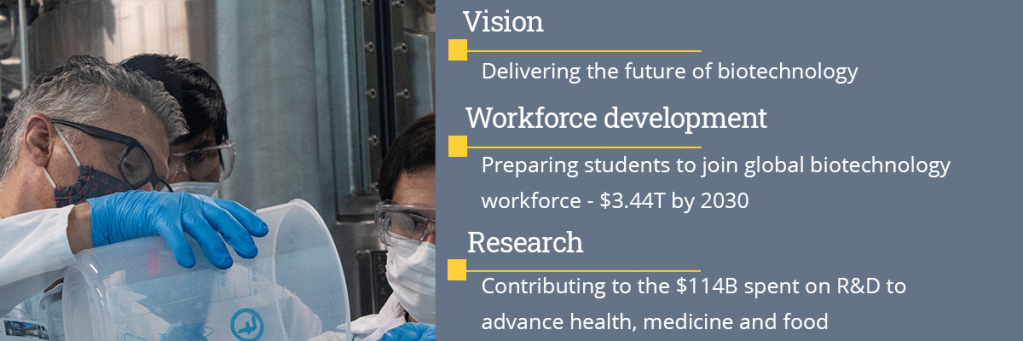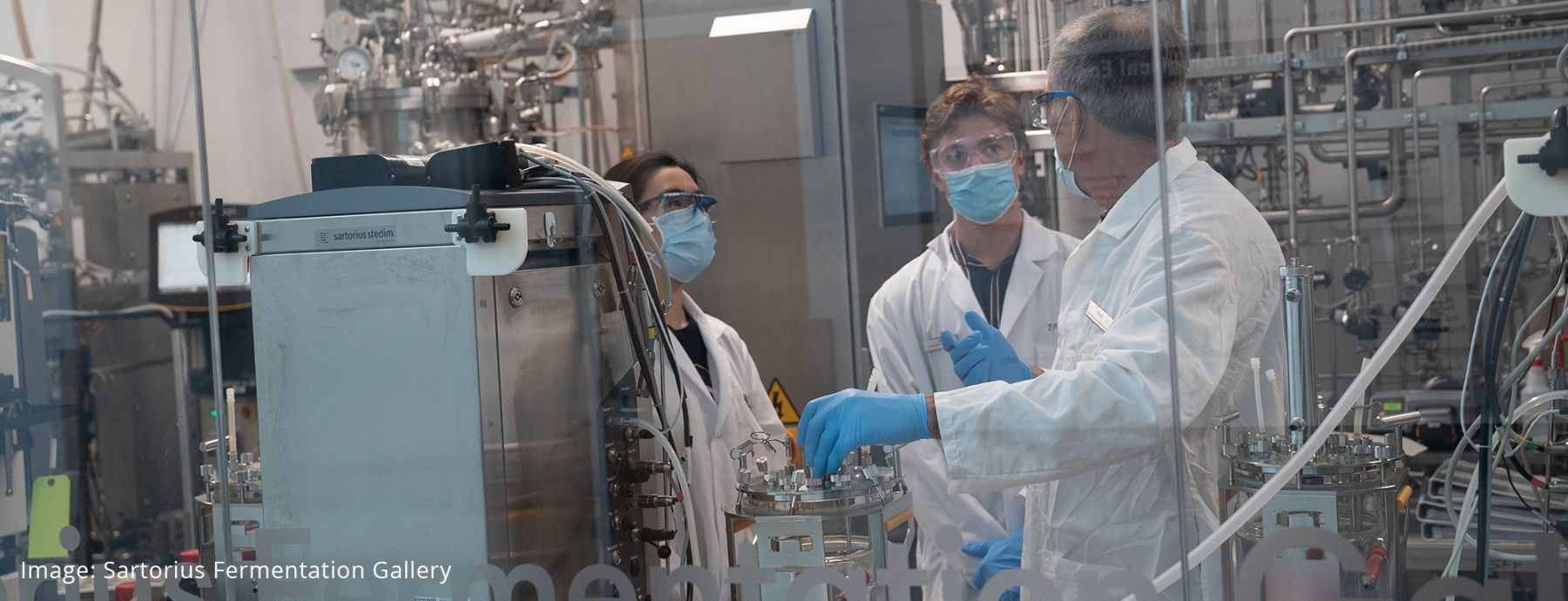


The Center of Excellence in Industrial Biotechnology (COEIB) focuses on providing exceptional educational opportunities, aimed at preparing both students and professionals for success in the ever-growing field of biotechnology. Bringing forth this training and development through connection with academic researchers and biotech companies, to create innovative programs and workshops that nurture and encourages collaboration, creation, and career advancement.
Eight research projects have been selected for support from the Penn State Commercialization GAP Fund. The GAP Fund is a competitive internal program designed to help promising technologies bridge the gap between academic research and industry adoption.
Milk protein and cellulose derived from plants may be the next big thing in sustainability, thanks to a first-of-its-kind advancement made by researchers at Penn State.
Looking back over more than two decades leading Penn State’s master of biotechnology degree program, Loida Escote-Carlson concluded: “We’ve been tremendously successful.”
Eight research projects have been selected for support from the Penn State Commercialization GAP Fund. The GAP Fund is a competitive internal program designed to help promising technologies bridge the gap between academic research and industry adoption.
Milk protein and cellulose derived from plants may be the next big thing in sustainability, thanks to a first-of-its-kind advancement made by researchers at Penn State.
Looking back over more than two decades leading Penn State’s master of biotechnology degree program, Loida Escote-Carlson concluded: “We’ve been tremendously successful.”
When Dan Hayes graduated from the Penn State Eberly College of Science with a bachelor’s degree in science in 1997, the Department of Biomedical Engineering was still three years away from forming. Now, Hayes will lead the Department of Biomedical Engineering. His tenure as department head begins July 1.